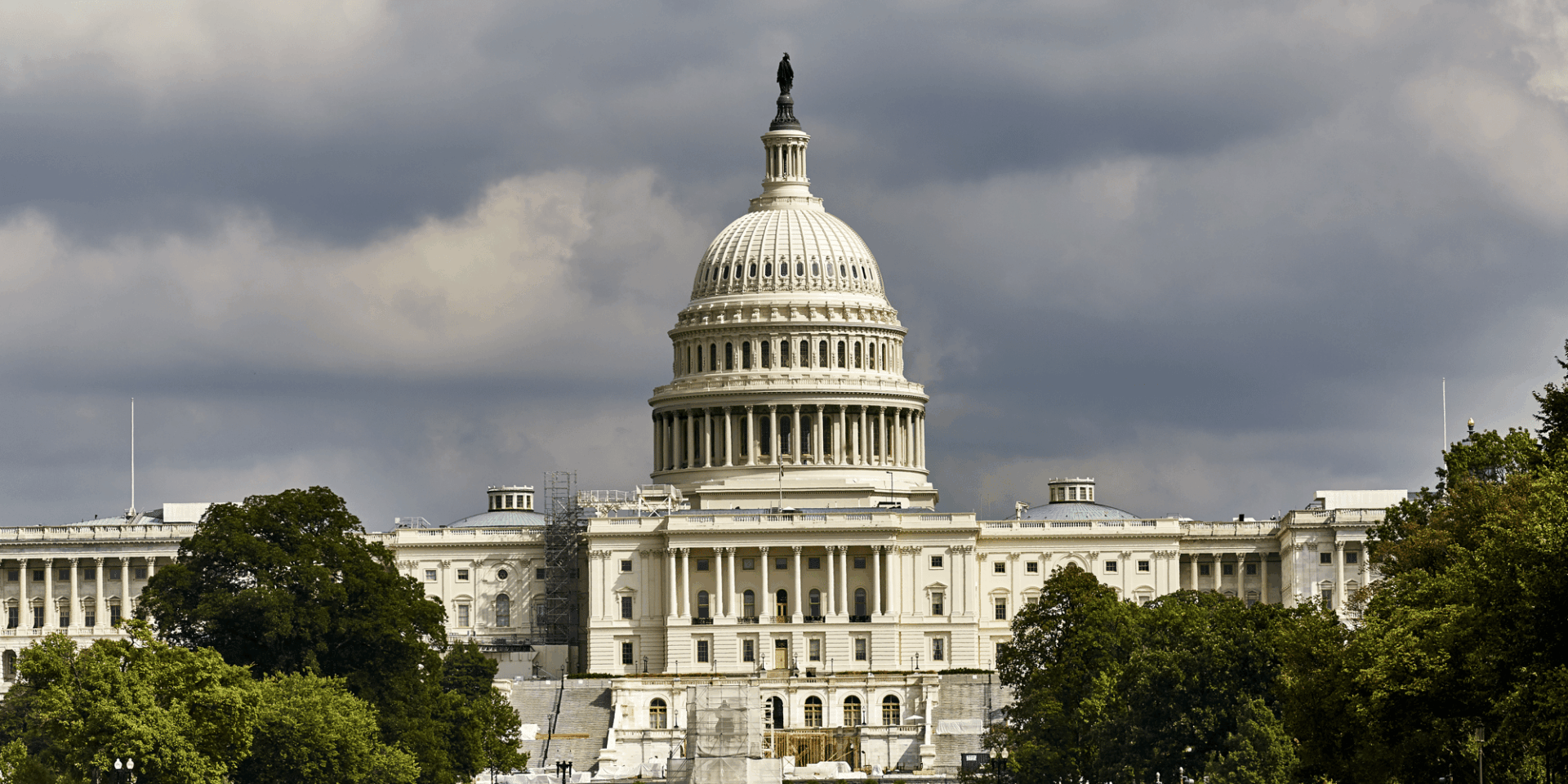TLDR
- Trump met with 11 of 12 Republican lawmakers who opposed crypto bills and convinced them to vote in favor
- 13 Republicans initially voted against the bills wanting an explicit ban on central bank digital currencies (CBDCs)
- Three crypto bills are part of “Crypto Week” – the GENIUS Act, Anti-CBDC Surveillance Act, and CLARITY Act
- Democrats launched “anti-crypto corruption week” to oppose the legislation
- House scheduled to vote again Wednesday after Tuesday’s failed procedural vote
President Donald Trump successfully convinced Republican lawmakers to support three cryptocurrency bills after an initial revolt over central bank digital currency concerns. The House is scheduled to vote again Wednesday following Tuesday’s failed procedural vote.
Thirteen Republican lawmakers had voted against moving forward with the legislation on Tuesday. They wanted explicit language banning central bank digital currencies (CBDCs) included in the bills.
Trump met with 11 of the 12 dissenting representatives in the Oval Office on Tuesday evening. He announced on Truth Social that all 11 agreed to vote in favor of the legislation.
“I am in the Oval Office with 11 of the 12 Congressmen/women necessary to pass the GENIUS Act and, after a short discussion, they have all agreed to vote tomorrow morning in favor of the Rule,” Trump posted.
House Speaker Mike Johnson thanked Trump for his involvement. Johnson said the president agreed to help advance additional crypto legislation in the coming days.
House Republicans aren’t going to be lectured on transparency from the Democrat Party that worked to cover up President Biden’s lack of fitness for office and his scandalous use of the autopen.
Republicans remain committed to passing crypto legislation, the Defense…— Speaker Mike Johnson (@SpeakerJohnson) July 16, 2025
The three bills are part of Republican-led “Crypto Week” efforts. Leaders want to pass crypto laws before Congress takes a month-long August break.
Republican Opposition Centers on CBDC Concerns
The main sticking point was the GENIUS Act, which regulates payment stablecoins. Some Republicans wanted it amended or bundled with two other bills.
House Majority Leader Steve Scalise joined 12 other Republicans in voting against the bills. The group included Andrew Clyde, Tim Burchett, Andy Biggs, Eli Crane, Michael Cloud, Marjorie Taylor Greene, Andy Harris, Anna Paulina Luna, Scott Perry, Victoria Spartz, Chip Roy and Keith Self.
Several representatives explained their opposition on social media. They said they supported crypto legislation but wanted stronger CBDC protections.
“I just voted NO on the Rule for the GENIUS Act because it does not include a ban on central bank digital currency,” Representative Marjorie Taylor Greene posted.
I just voted NO on the Rule for the GENIUS Act because it does not include a ban on Central Bank Digital Currency and because Speaker Johnson did not allow us to submit amendments to the GENIUS Act.
Americans do not want a government-controlled Central Bank Digital Currency.… pic.twitter.com/NnkeIOH0dE
— Rep. Marjorie Taylor Greene🇺🇸 (@RepMTG) July 15, 2025
Representative Andy Biggs said he was concerned the GENIUS Act had a framework for a layered CBDC. He called for amendments to guarantee self-custody rights.
Democratic Opposition Mounts
Democrats launched “anti-crypto corruption week” to oppose the Republican bills. They are calling for amendments addressing consumer protection and conflicts of interest.
California Representative Maxine Waters’ office raised concerns about Trump’s involvement. They cited his family-backed crypto company World Liberty Financial, which issued its own stablecoin.
“World Liberty Financial has received a portion of its funding from overseas, which has brought about serious ethical and national security concerns,” Waters’ office stated. Bloomberg reported that Binance helped create WLF’s USD1 stablecoin.
Democrats want to prevent the president, vice president, and Congress members from holding or promoting crypto. They say this would address conflicts of interest concerns.
The House is scheduled to meet Wednesday for morning debate and legislative business on the three crypto bills.



